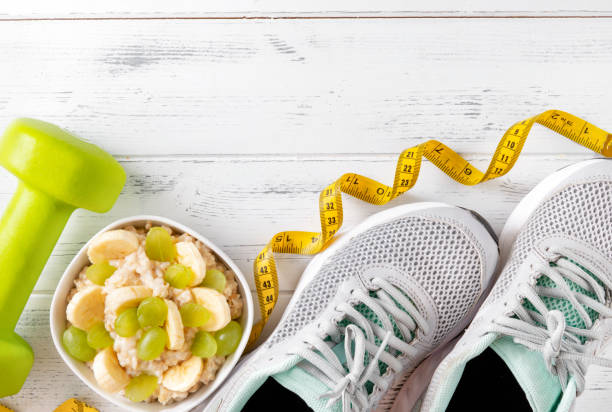Maximum physical endurance is required for marathon running, and proper nutrition might mean the difference between burning out and successfully crossing the finish line. A calculated approach to diet becomes critical as marathon runners prepare for the long haul.
Keeping the Distance Alive

1-Using Carbs as a Source of Energy
Complex carbs such as oatmeal, pasta, and whole grains are important for marathon runners. They act as the main fuel source, refueling glycogen reserves to provide continuous energy throughout the competition.
2-Protein for Muscle Support and Recuperation
Consuming enough protein promotes muscle growth and repair. Include lean foods like fish, chicken, beans, and tofu to help your body recover from the strenuous miles.
3-Hydration
Maintaining hydration is essential. Fatigue and cramping can result from dehydration. Create a hydration strategy and stick to it by drinking plenty of water and electrolytes both before and during the race.
Pre- and During-Race Nutrition

Fueling Up Before the Race
Eat a well-balanced meal with a modest protein and carbohydrate focus three to four hours prior to the marathon. Steer clear of greasy and high-fiber foods that could upset your digestive system.
Getting Fuel on the Run
To keep your energy levels up during the race, choose easily digested energy gels, chews, or sports beverages. Throughout your training, try out various goods to see which one suits you the most.
Summary
Nutrition is a key component in a marathon runner’s success story. Athletes may maximize their performance and overcome the mental and physical obstacles of a marathon by emphasizing the proper ratio of carbs, proteins, and fluids.



